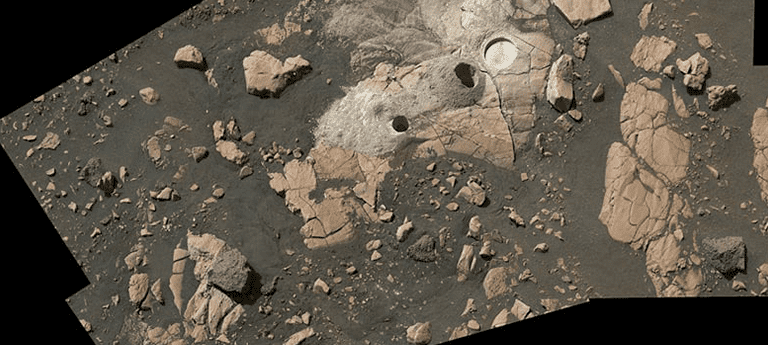WASHINGTON: Nasa’s Perseverance Mars rover has detected its loftiest attention yet of organic motes, in an implicit signal of ancient microbes that scientists are eager to confirm when the gemstone samples are ultimately brought to Earth.
While the organic matter has been set up on the Red Planet ahead, the new discovery is seen as especially promising because it came from an area where deposition and mariners were deposited into a lake– conditions where life could have arisen.
“It’s veritably fair to say that these are going to be, these formerly are, the most precious gemstone samples that have ever been collected,” David Shuster, a Perseverance return sample scientist, told journalists during a briefing.
Organic motes — composites made primarily of carbon that generally include hydrogen and oxygen, but also at times other rudiments aren’t always created by natural processes.
Further analysis and conclusions will have to stay for the Mars sample return charge — a collaboration between Nasa and the European Space Agency(ESA) to bring back the jewels that are set for 2033.
Nicknamed Percy, the rover landed on Mars Jezero Crater in February last time, assigned to catching samples that may contain signs of ancient life.
The delta it’s exploring formed 3.5 a billion times agone.
The rover is presently there probing sedimentary jewels, which came about from patches of colorful sizes settling in the also watery terrain.





